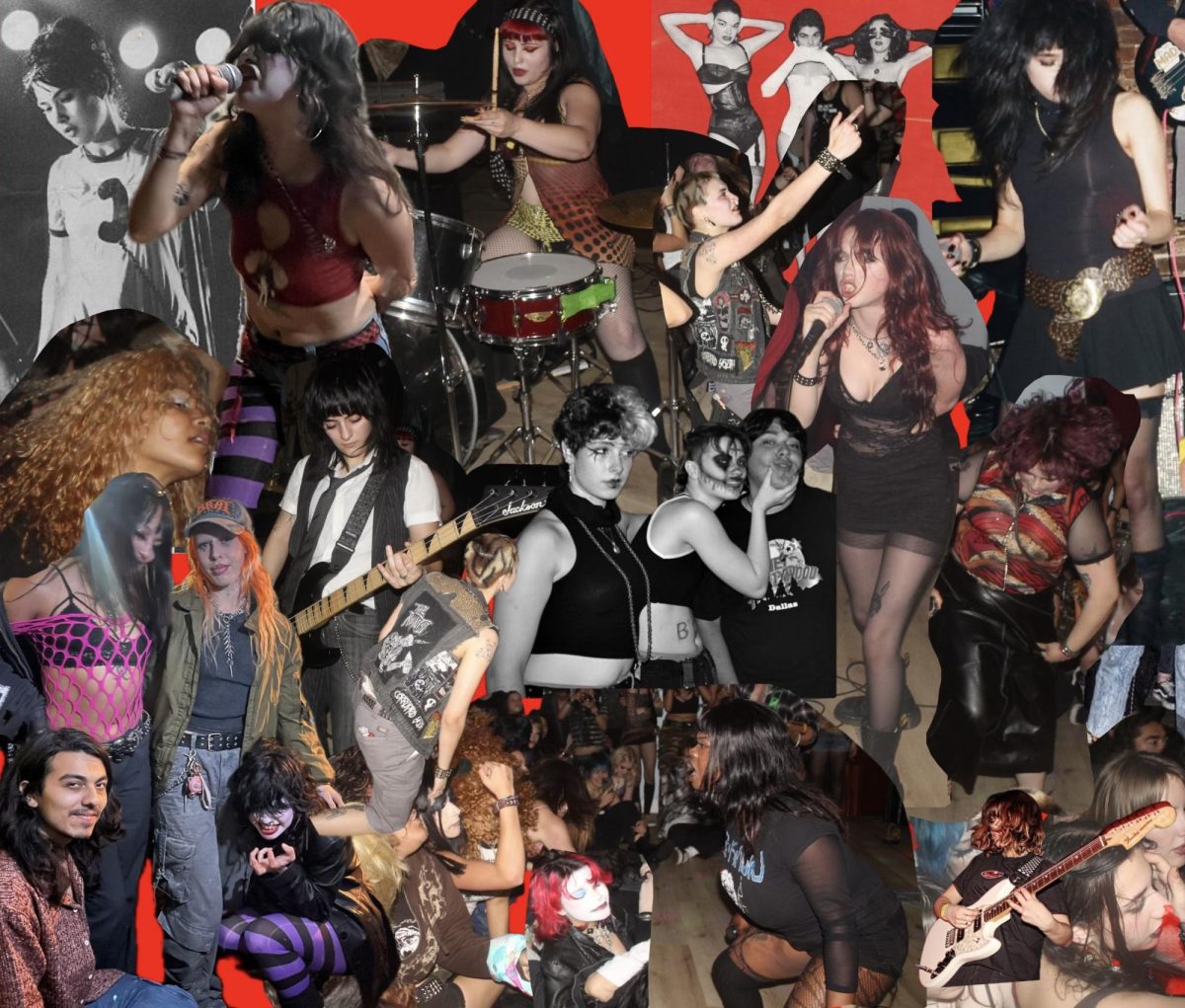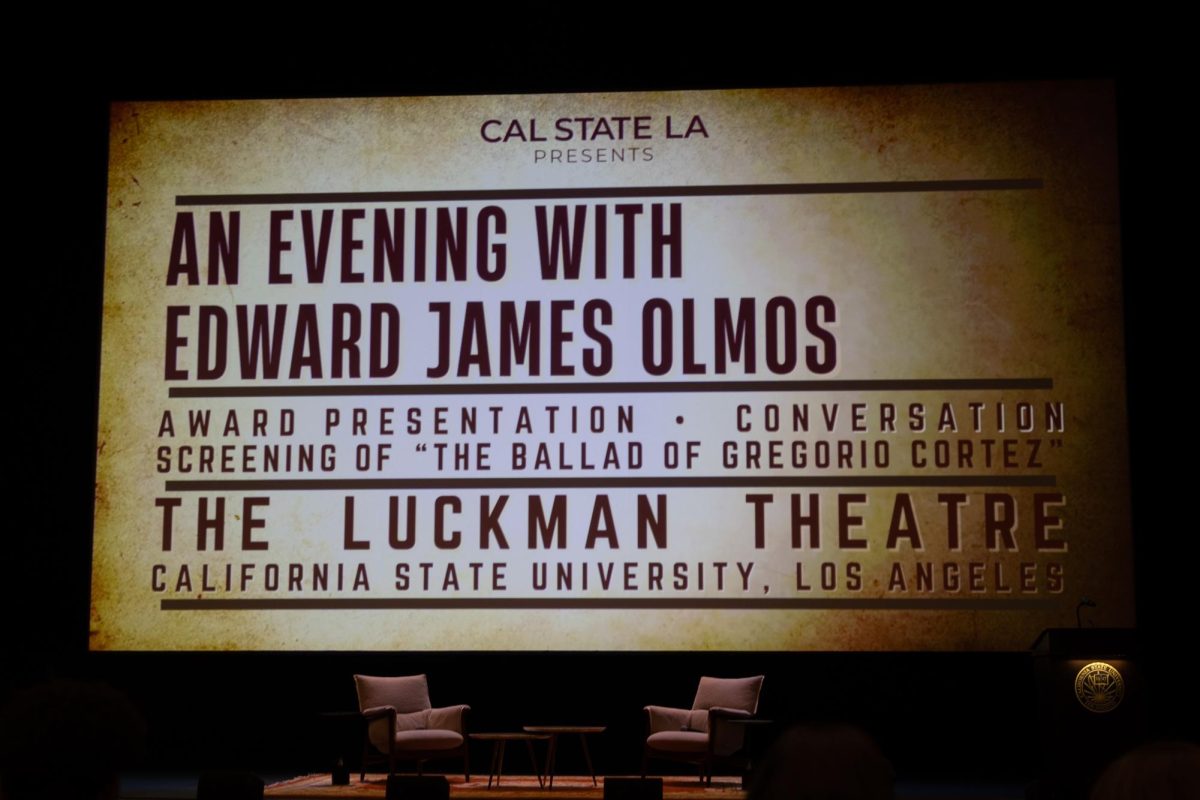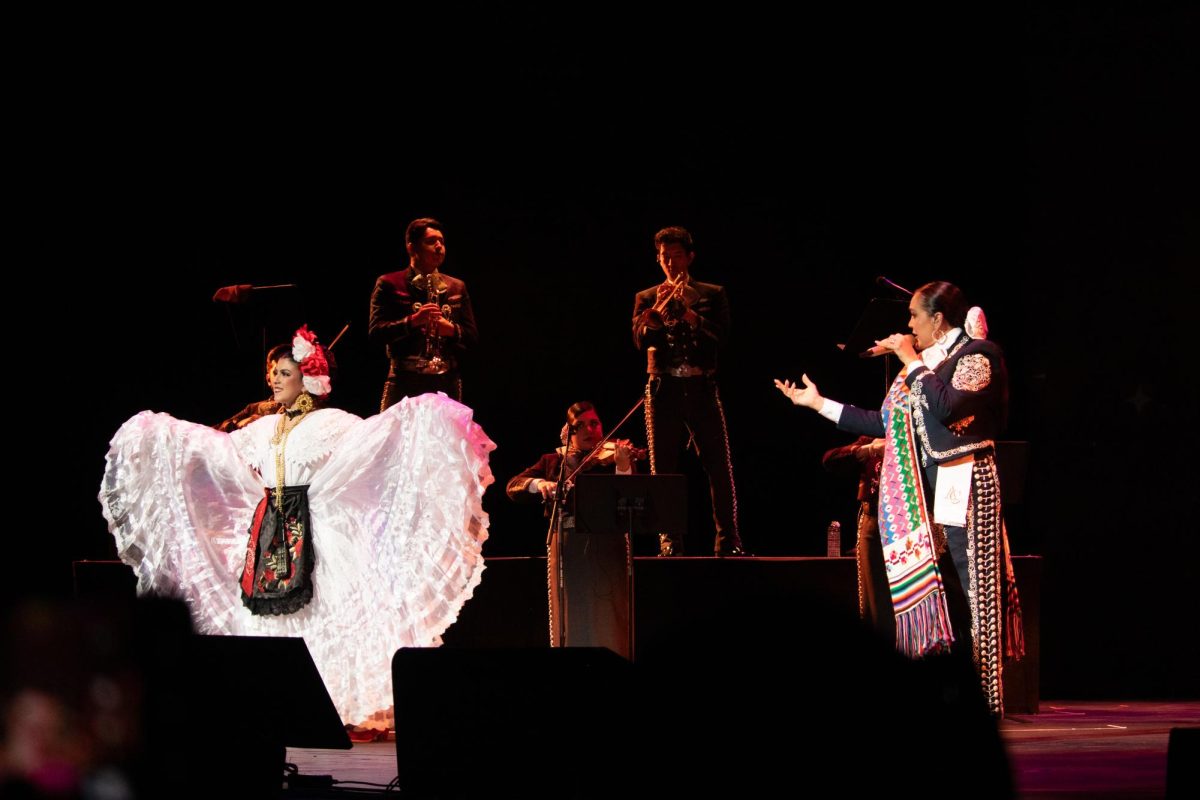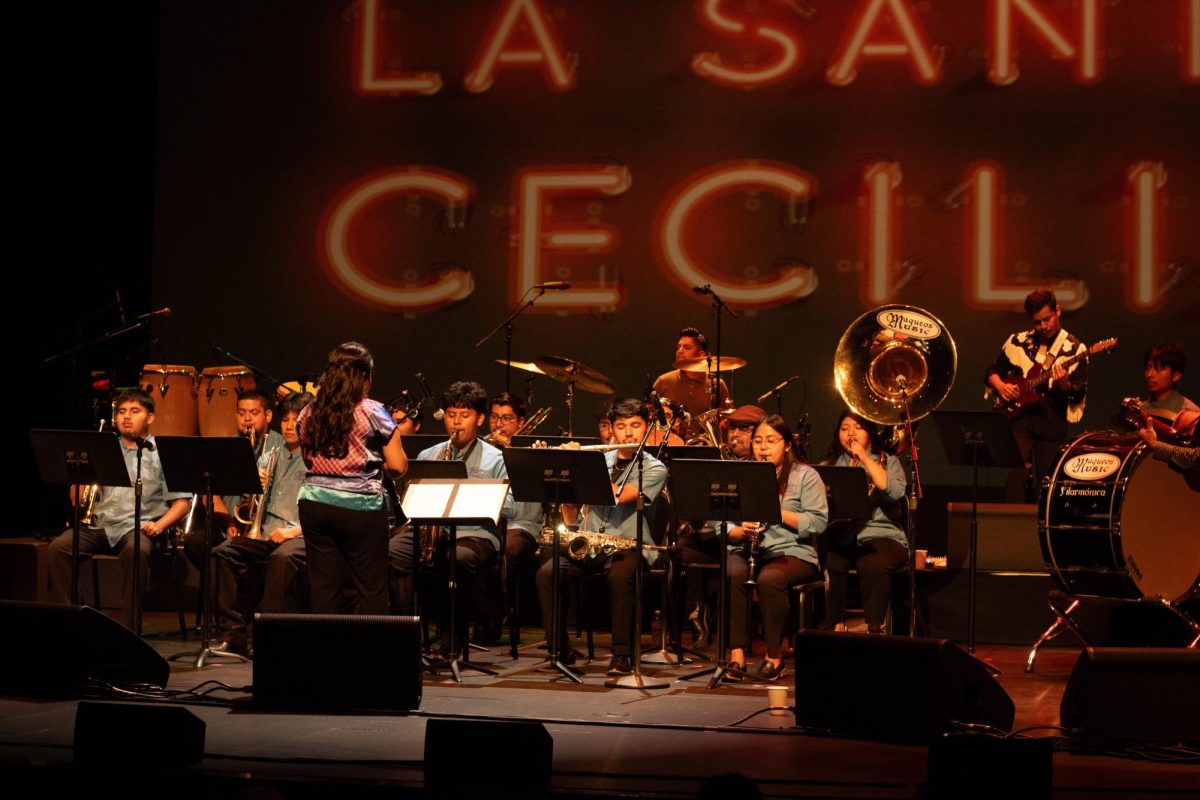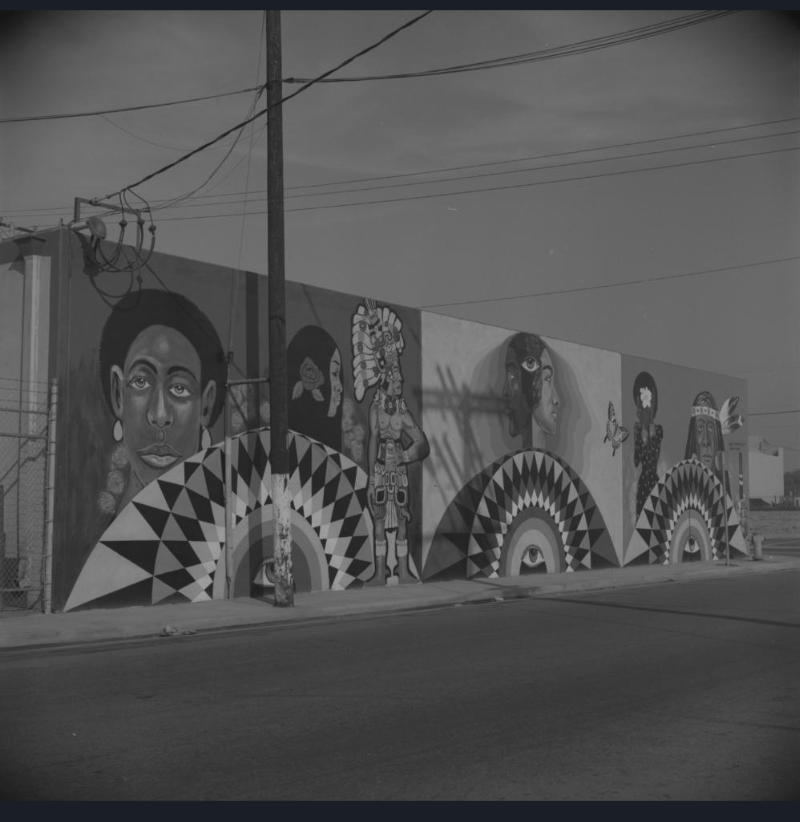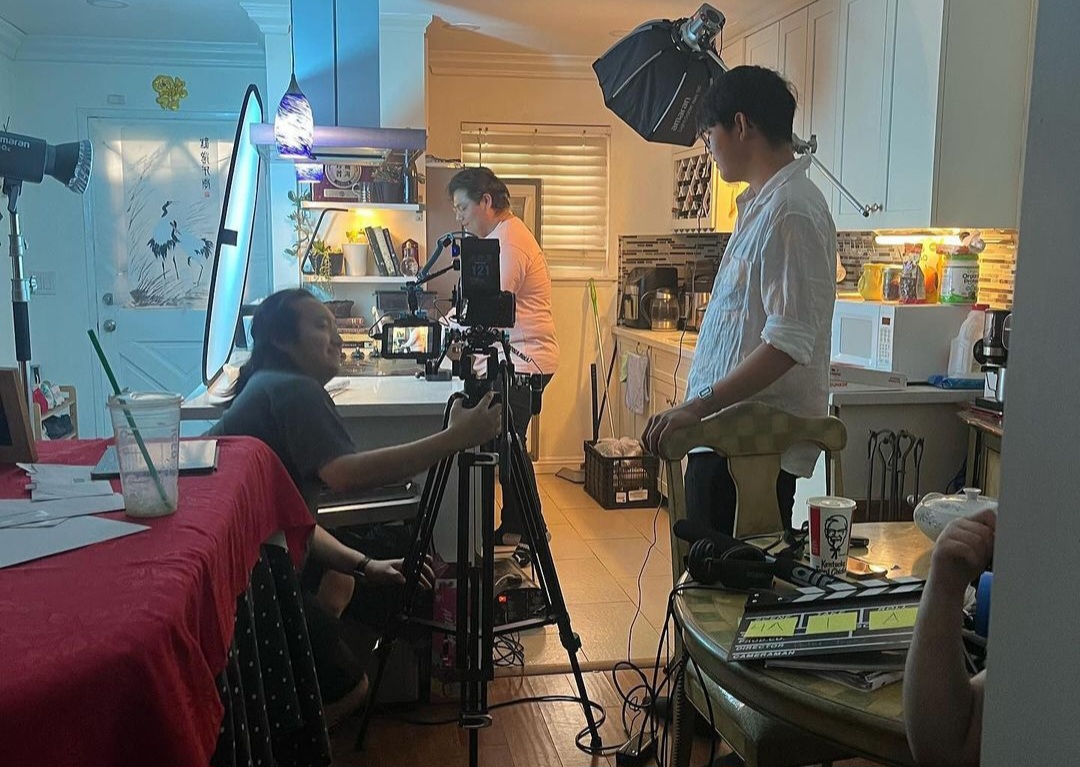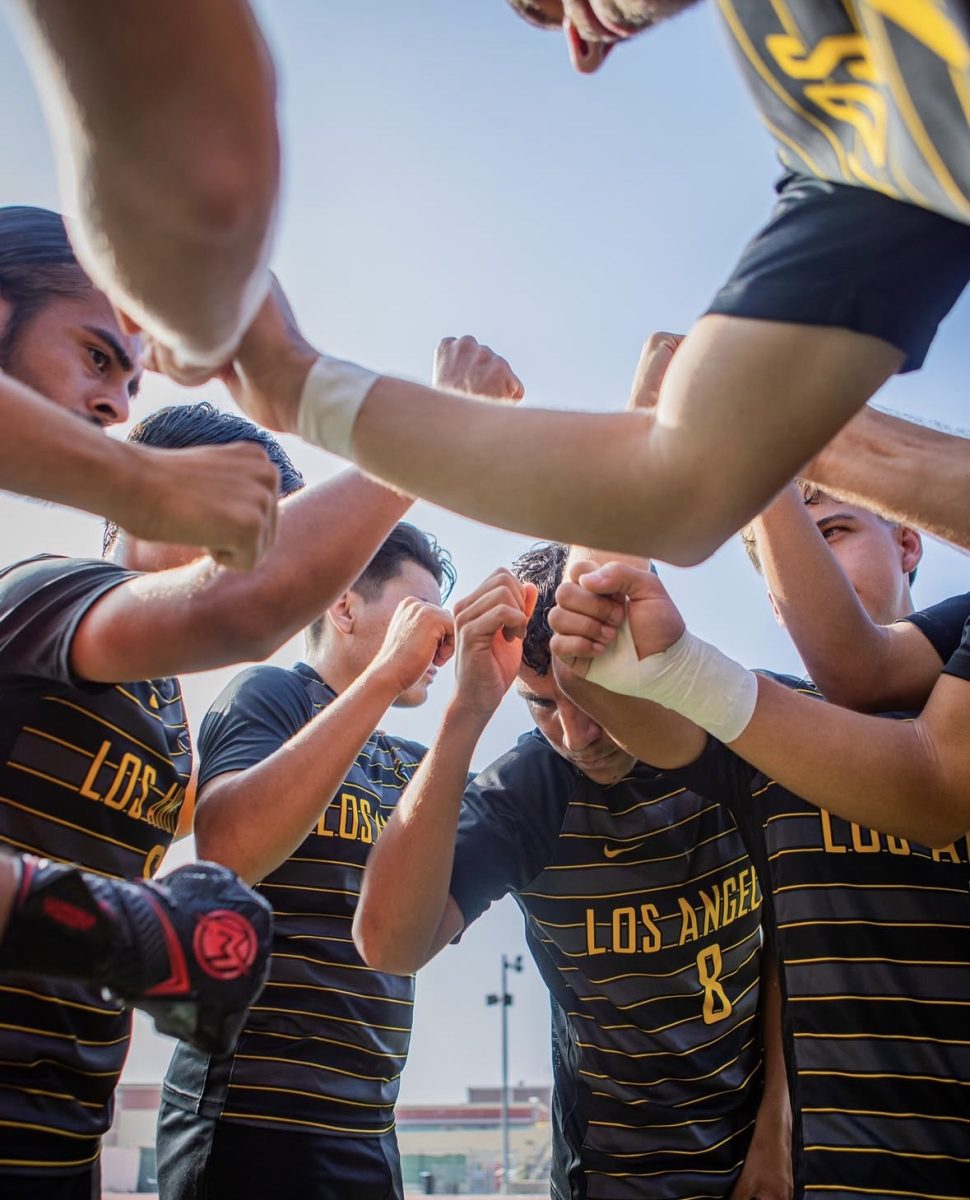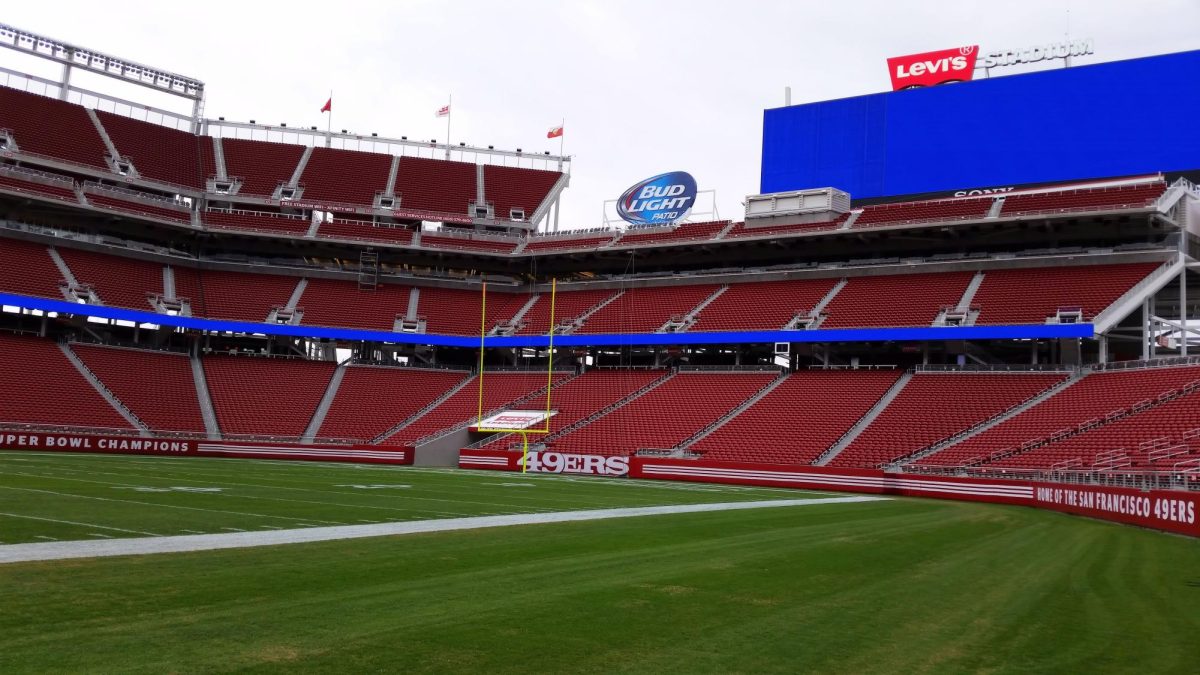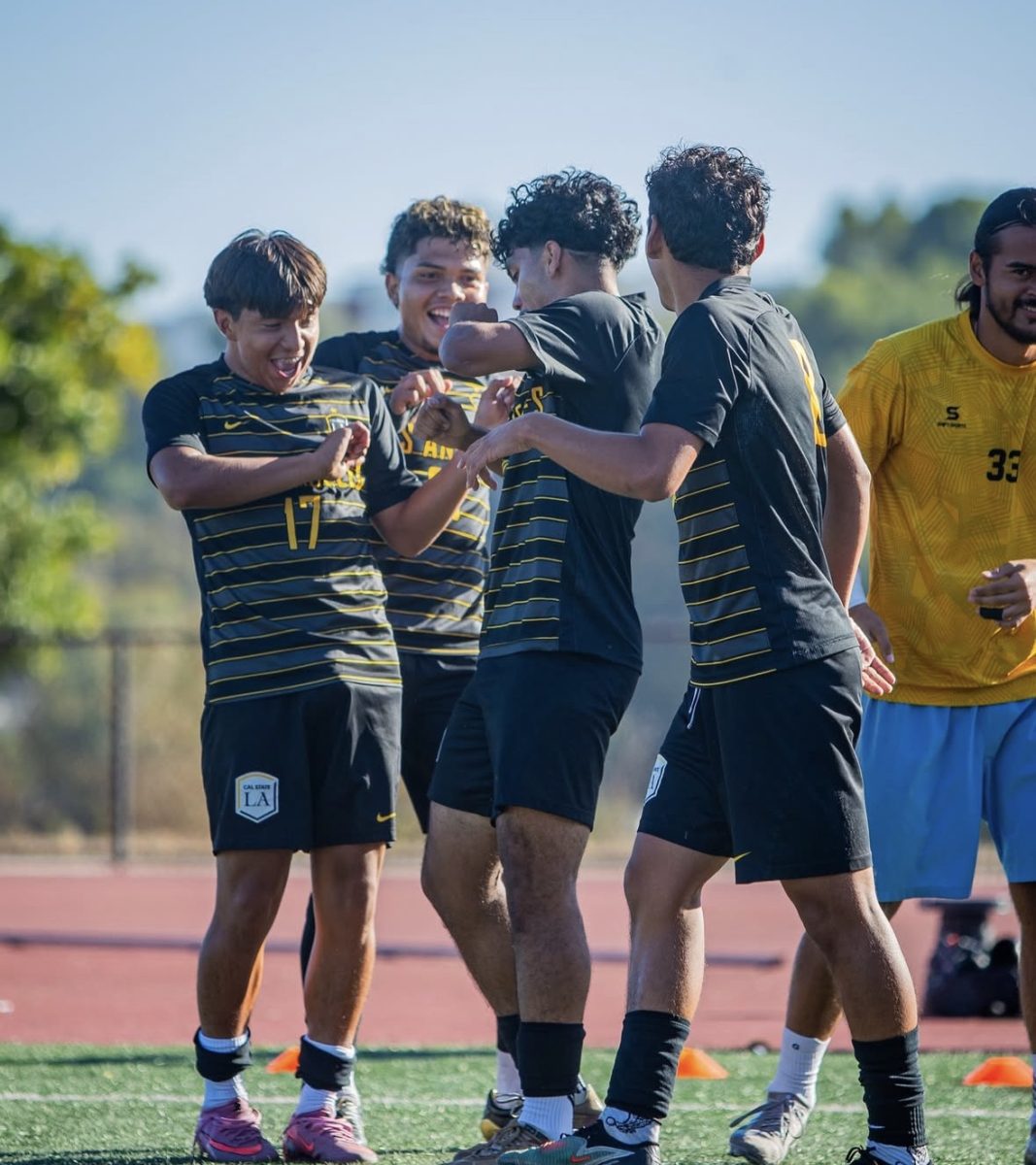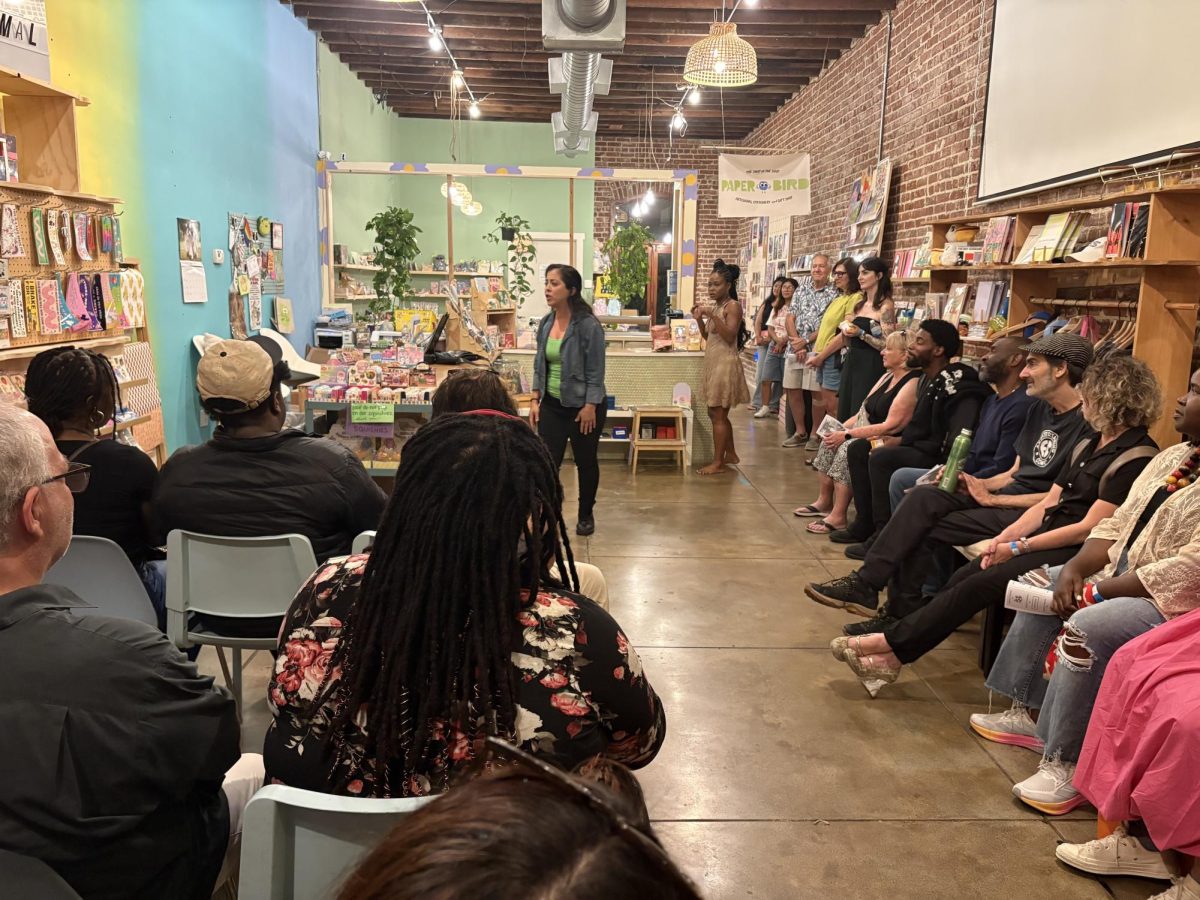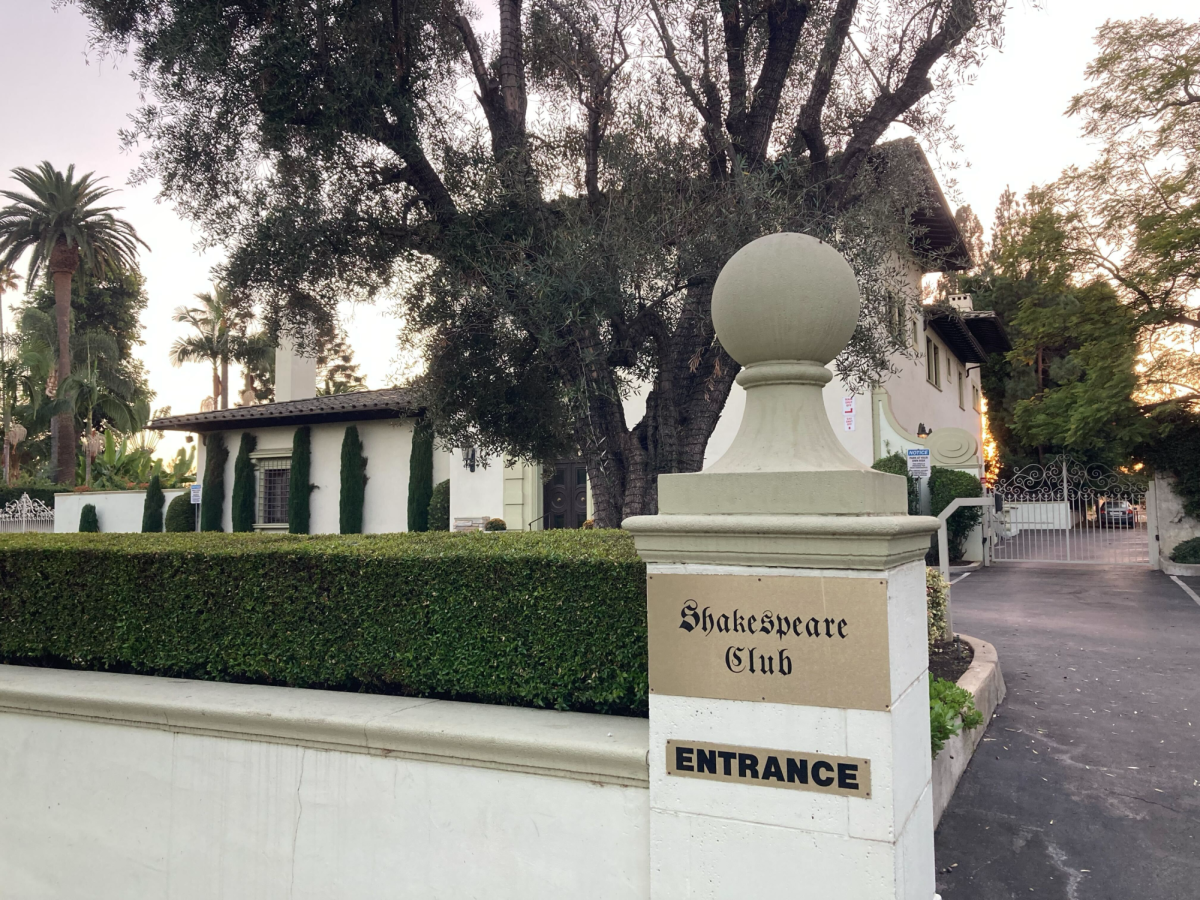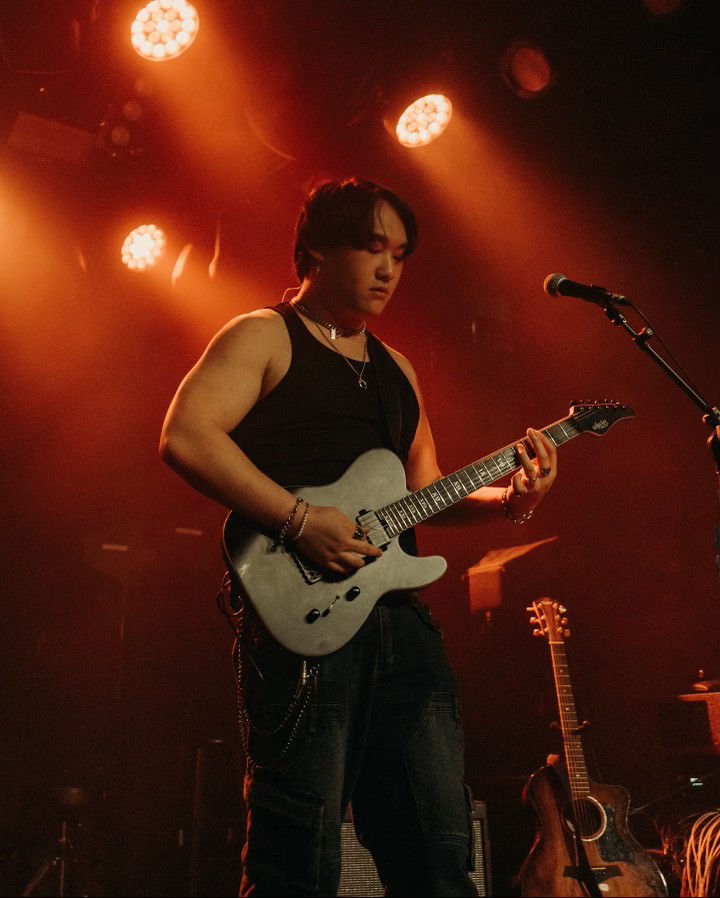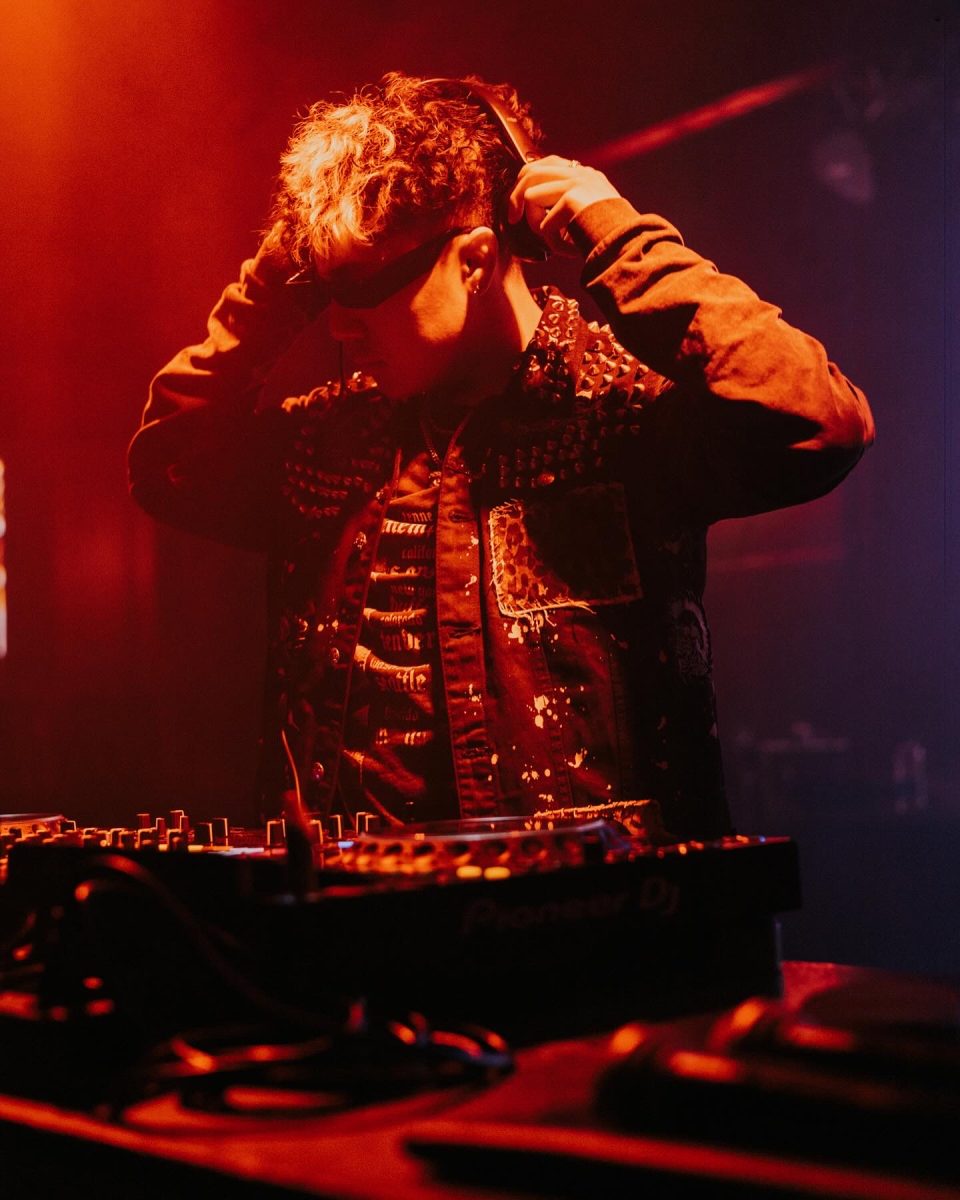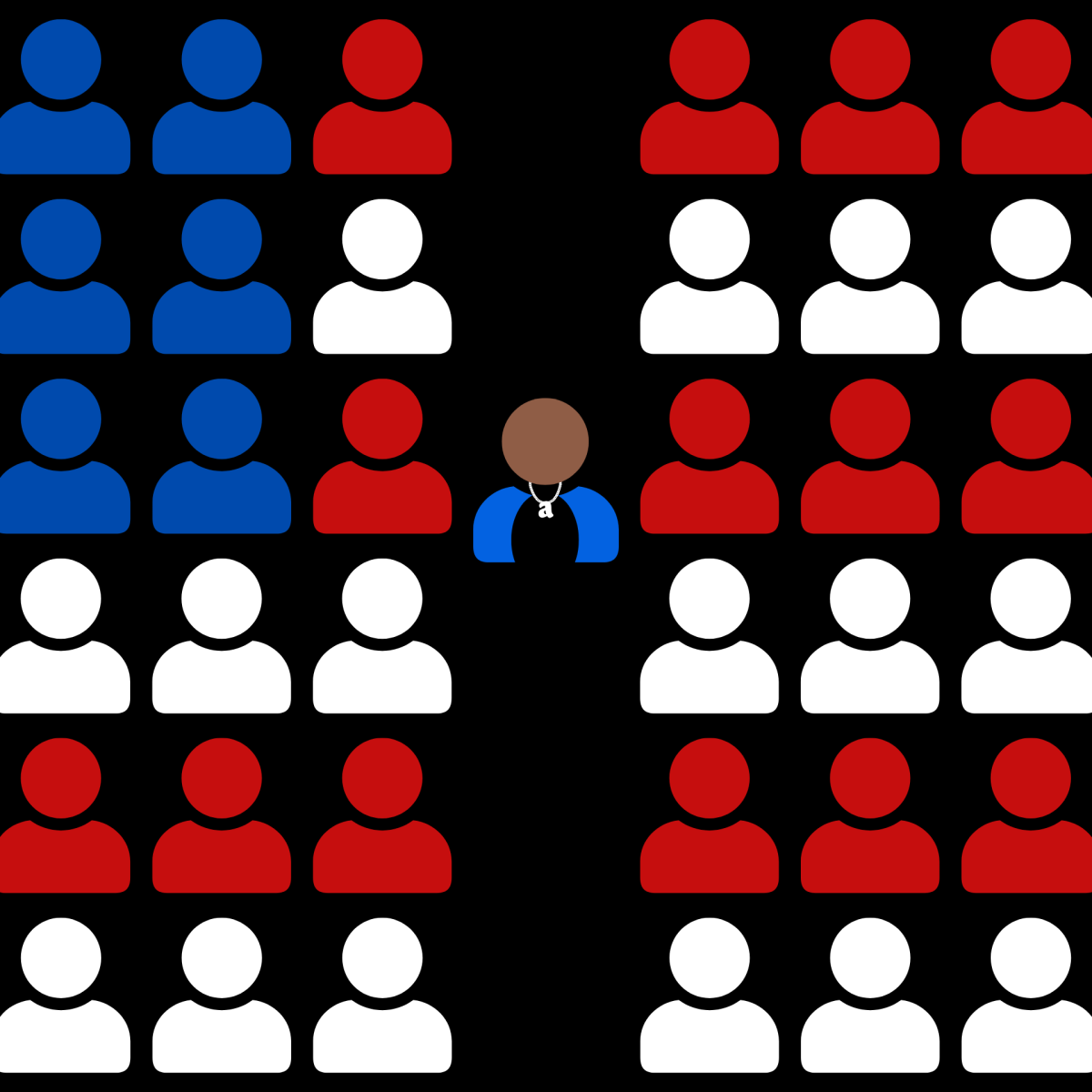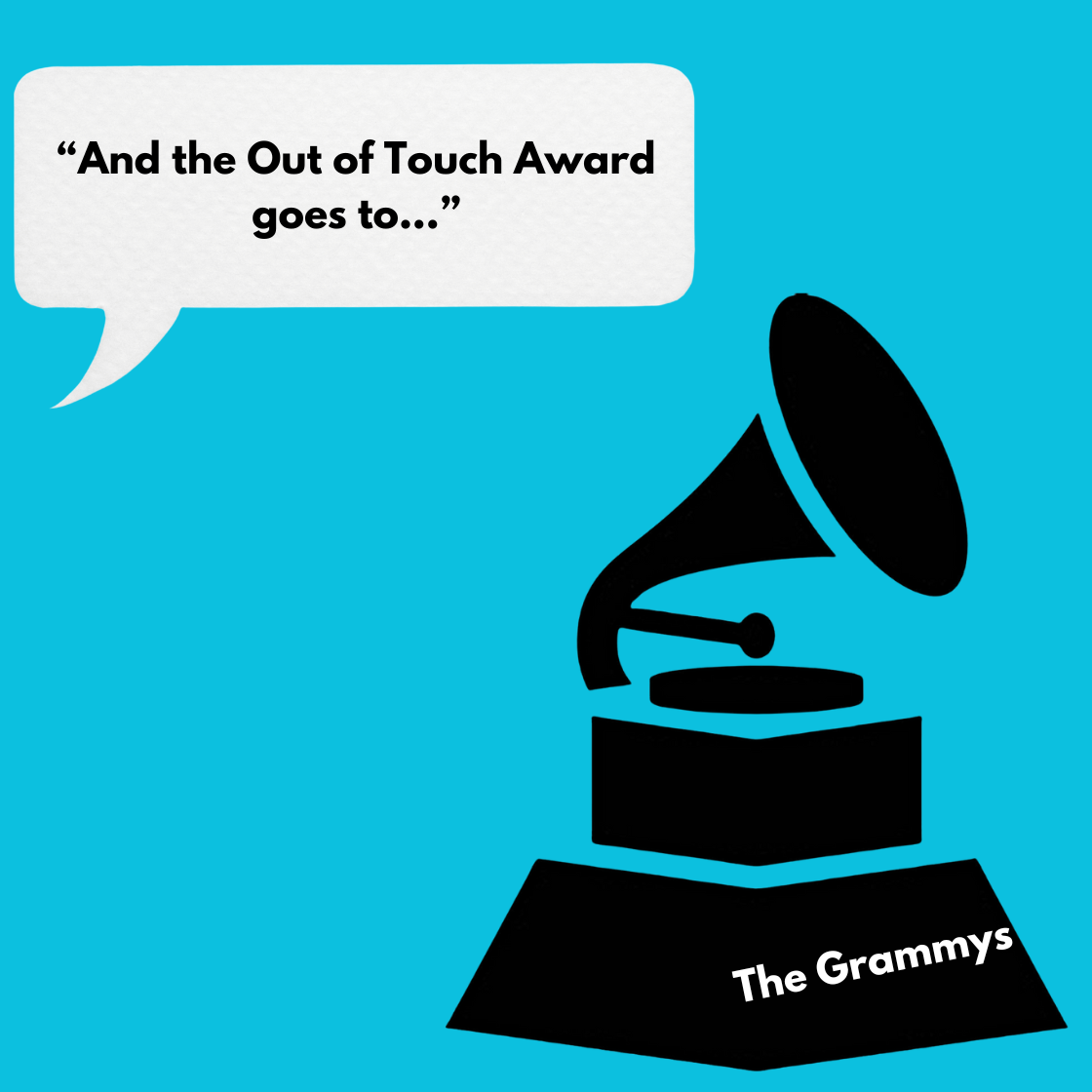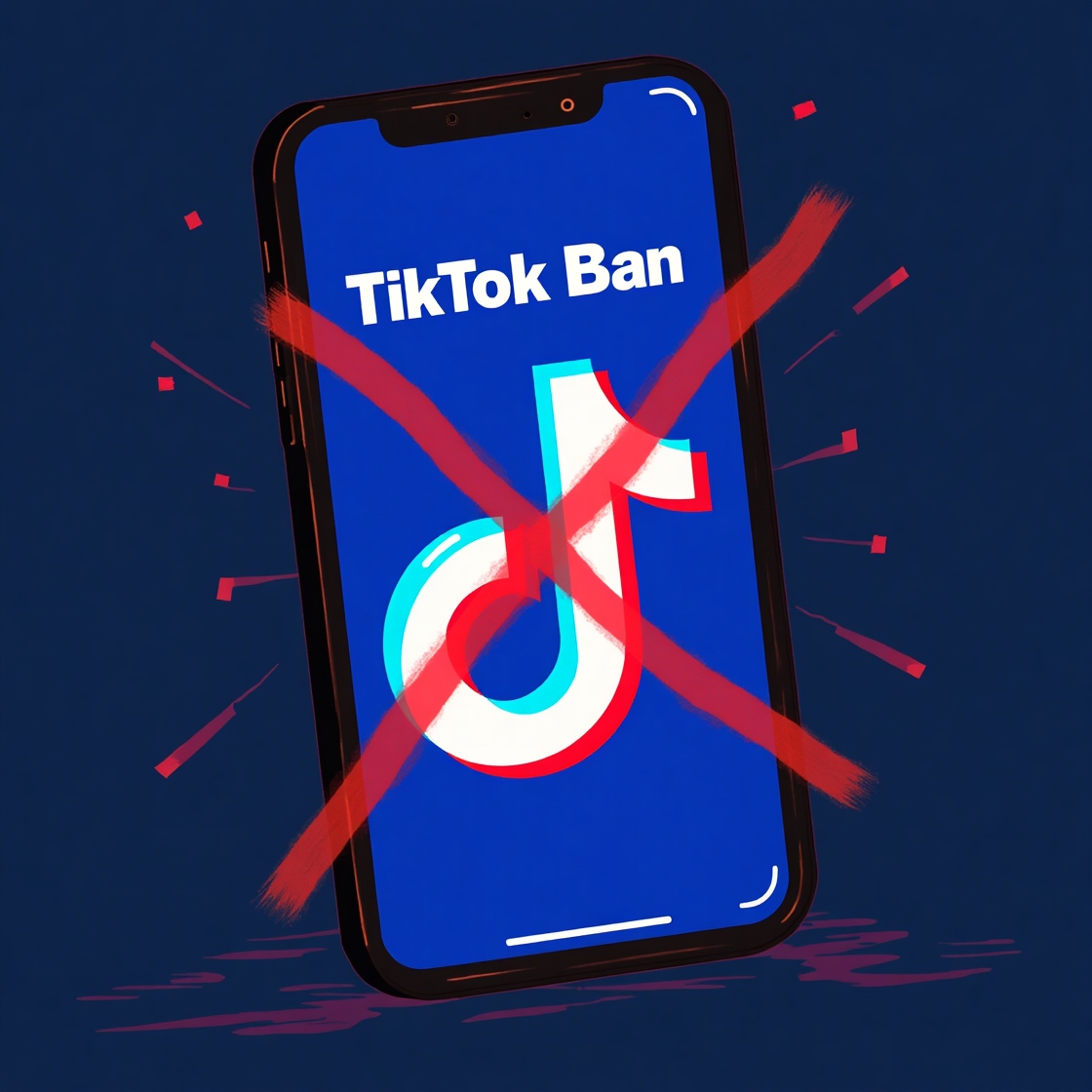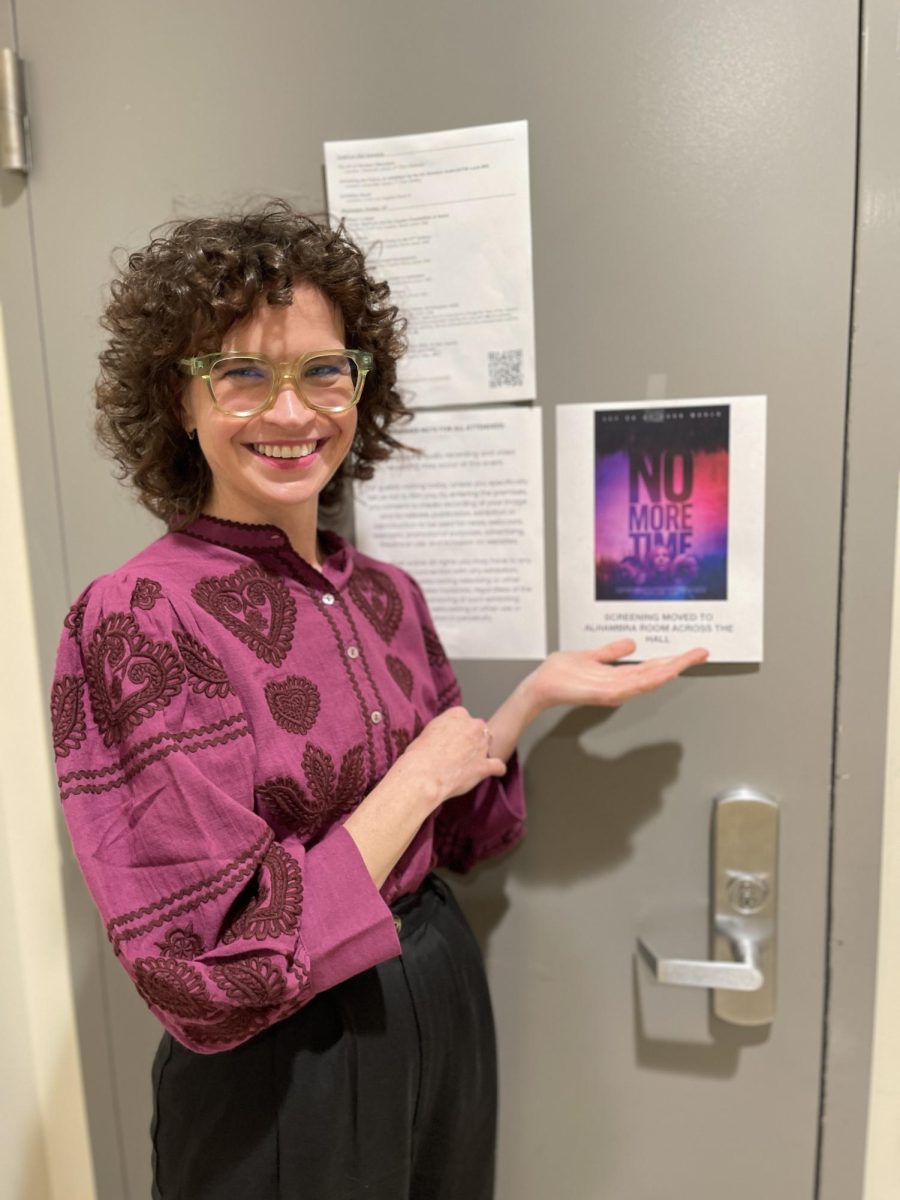March is Women’s History Month and is a time for people to celebrate all women who have contributed to society. One aspect worth highlighting is women’s contributions to music. Specifically in punk rock, as the riot grrrl subgenre of punk has made a lasting mark on rock and the culture of music as a whole.
Riot Grrrl is a feminist punk rock movement that started in Washington State in the 1990s. It was in response to the male-dominated music scene and extensive societal issues regarding sexual violence, gender inequality, and female empowerment. The movement combined music with activism to give women a louder voice in the punk scene and challenge the patriarchal norms women face every day.
The term “Riot Grrrl” is often associated with bands like Bikini Kill, Bratmobile, and Le Tigre, with Kathleen Hanna (of Bikini Kill) being one of the movement’s most iconic figures. Riot Grrrl also highlighted reproductive rights, body image, and self-expression issues. It wasn’t only music-centered; it also included zines, DIY culture, art, and community events that served as a way for women to speak out about their experiences.
Riot Grrrl has come a long way since its inception 30+ years ago. The local music scene is home to many Riot Grrrl bands, which feature lyrics that tackle many of the same issues from the past and new ones that have emerged.
Local Band Fusion Babies highlights many themes that honor the Riot Grrrl movement. Their lyrics and music’s raw, vigorous sound align with feminist principles, challenging societal expectations, promoting individuality, and addressing identity and gender roles. The band comprises Dro/Sandra, the lead singer, Valentine on bass, Lorenzo on drums, and Summer on guitar.
“It’s emotional for me. It’s real life for me, like as a Mexican girl growing up in America, every single part of my life has always been politicized,” Dro said. “So riot grrrl, and that movement has shown me that everything has been politicized in my life, and everything will always be political. It all means something, and it’s all because of something.”
All “femme” shows bring on the energy often lacking in the punk scene. It’s a safe space to express yourself and connect with like-minded individuals. It’s about liberation and reclaiming a space that is often male-dominated, especially in spaces that frequently make them feel marginalized or vulnerable. Women and individuals at these shows could express themselves without fearing being undermined, objectified, or ignored.
“Every time there’s an abuser, there’s someone in the crowd, best believe that they’re going to get called out and get kicked out of the show. And it just happens,” Dro said. “ you know, you end up in the pit, and then suddenly this guy’s punching a girl, and they’re gonna get called out and kicked out. And it’s happened at our shows numerous times. But that’s the kind of energy we want to see out there.”
The band aims to create passionate and angry music that challenges societal norms. They noted the growing inclusivity in the punk scene and shared their experience performing politically charged songs, such as “Free Palestine,” in a diverse setting. An upcoming project includes new songs, a music video, and an album titled “In The Womb.”
When women play, write, and perform music that directly speaks to their own experiences, it is an act of reclaiming power. For many, these all-female shows are cathartic experiences that validate their experiences and give them a platform to express their anger, elation, pain, and everything in between.
“You know, I really wish it didn’t take having to have, like, a women’s month for people to want to speak up on women’s rights,” Pascal, who is the lead singer of the local band Whoremones said. “We shouldn’t have to have a fucking holiday. We shouldn’t have to have a fucking month. It should just be constant.”
These live shows are feminist acts of defiance, creating a place for women, queer, and non-binary folks to have the freedom to express themselves fully. The most recent show, “All Girls to the Front,” in Huntington Beach, was an all “fem” show which had a diverse lineup of fem singers. It was a packed house with a huge turnout, which included individuals dressing up in drag, showing how it was a safe place to be your unique self. The space reminded individuals that liberation is fighting external oppression and reclaiming the right to exist, create, and be heard on their terms.
“During women’s month, we get to throw these fucking sick ass shows, everyone comes together, like, everyone feels really empowered,” Pascal said. “And I think that’s, yeah, everyone dressed up for tonight. It was beautiful. But I think women should always feel empowered, and I wish there wasn’t so much to bring us down.”

